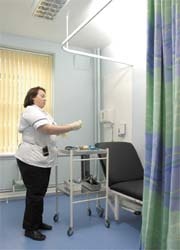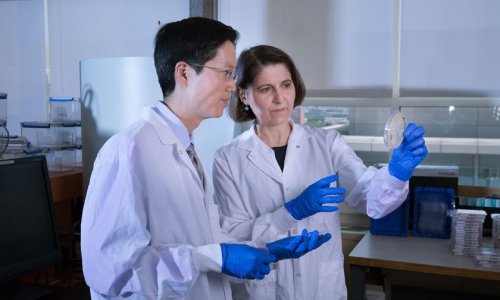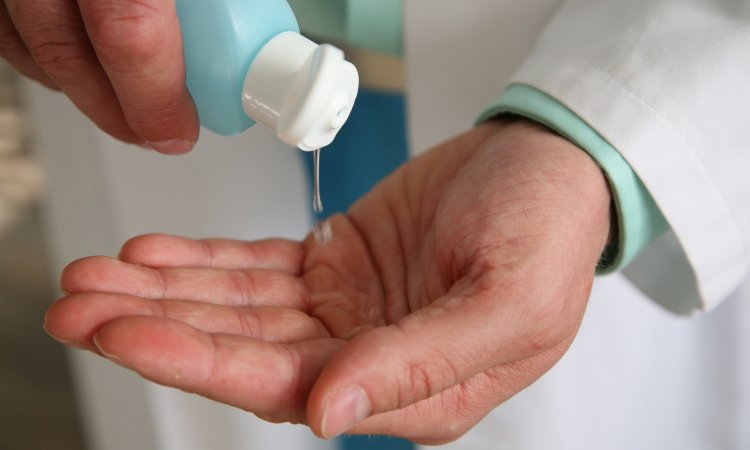Safer hygiene with silver-based products
UK - Results from a National Health Service (NHS) trial, which investigated the effectiveness of silver at reducing levels of bacteria in an actual hospital setting, have been announced by BioCote Ltd, manufacturer of antimicrobial products.

‘The environmental trial compared two out-patient wards at the Heart of England NHS Foundation Trust. One facility contained furniture and equipment with BioCote antimicrobial protection and one contained standard, untreated items. The products tested in the trials included blinds, tiles, door handles, sack holders and light switches,’ the company reports. ‘The results showed a 95.8% reduction in bacteria in the hospital environment that contained BioCote protected products, compared with a standard ward, with no BioCote present. There was also a 92.6% reduction in bacteria on the surfaces of BioCote protected products, compared with non-protected products in the same facility.’
BioCote concludes: ‘The study proves that using silver-based products in a hospital environment can lead to a reduction in bacterial colonisation, resulting in more hygienic and safer surroundings for patients.’
15.11.2007





